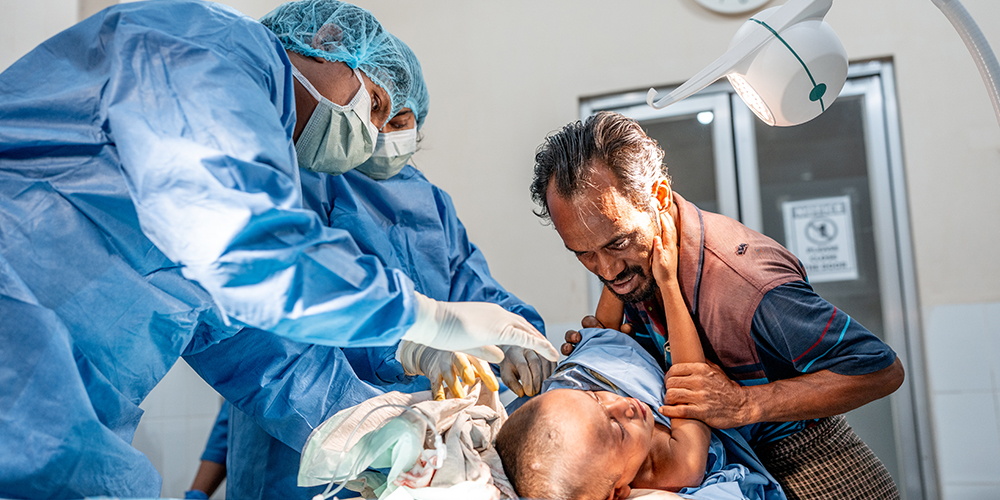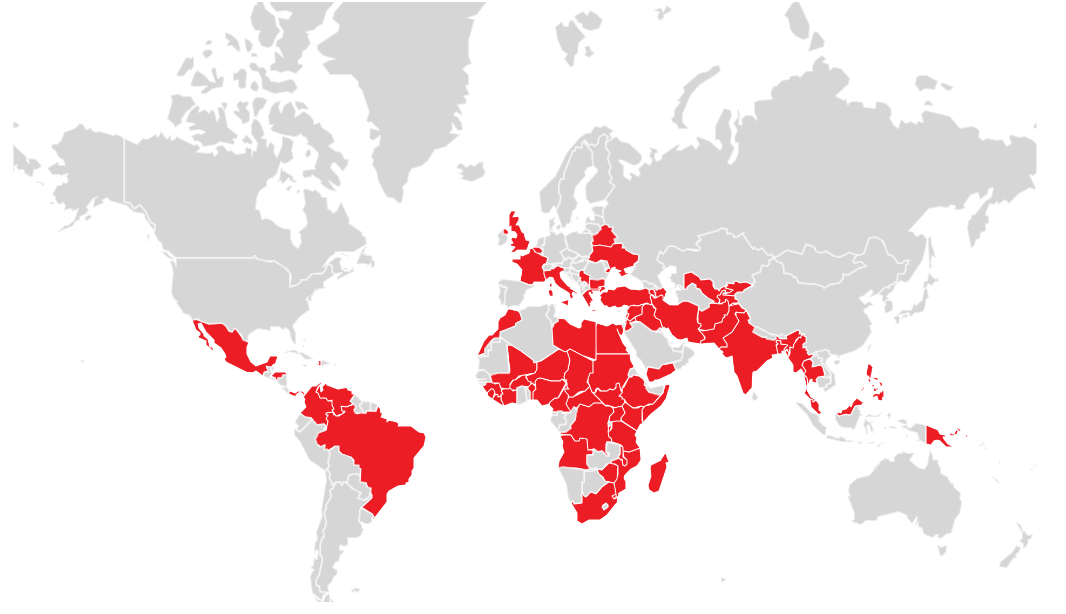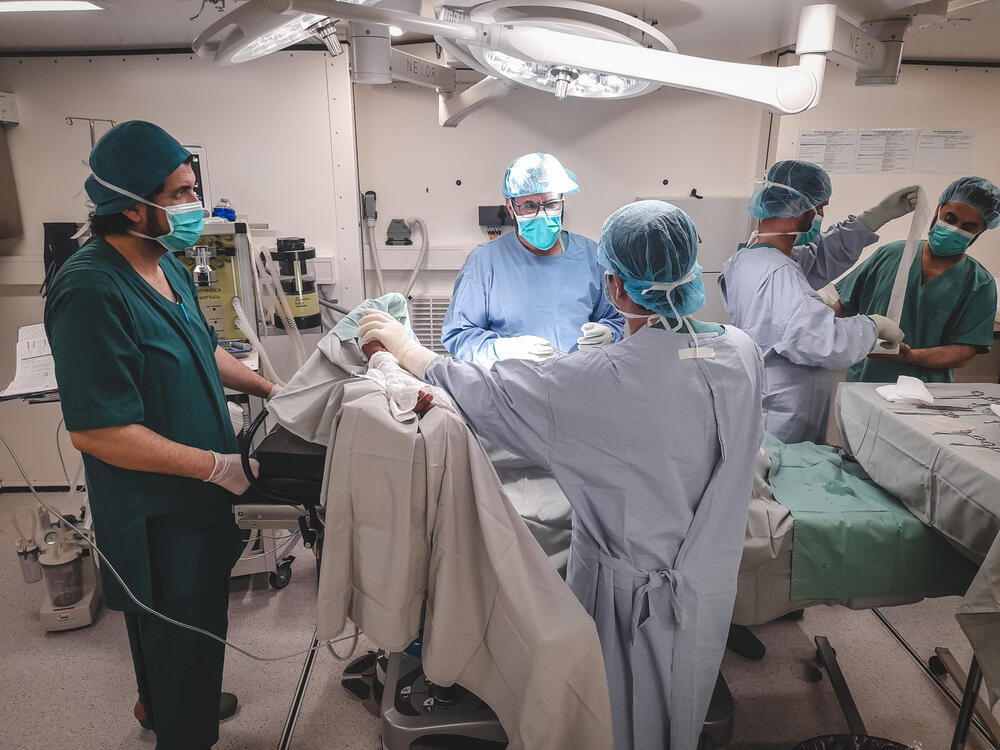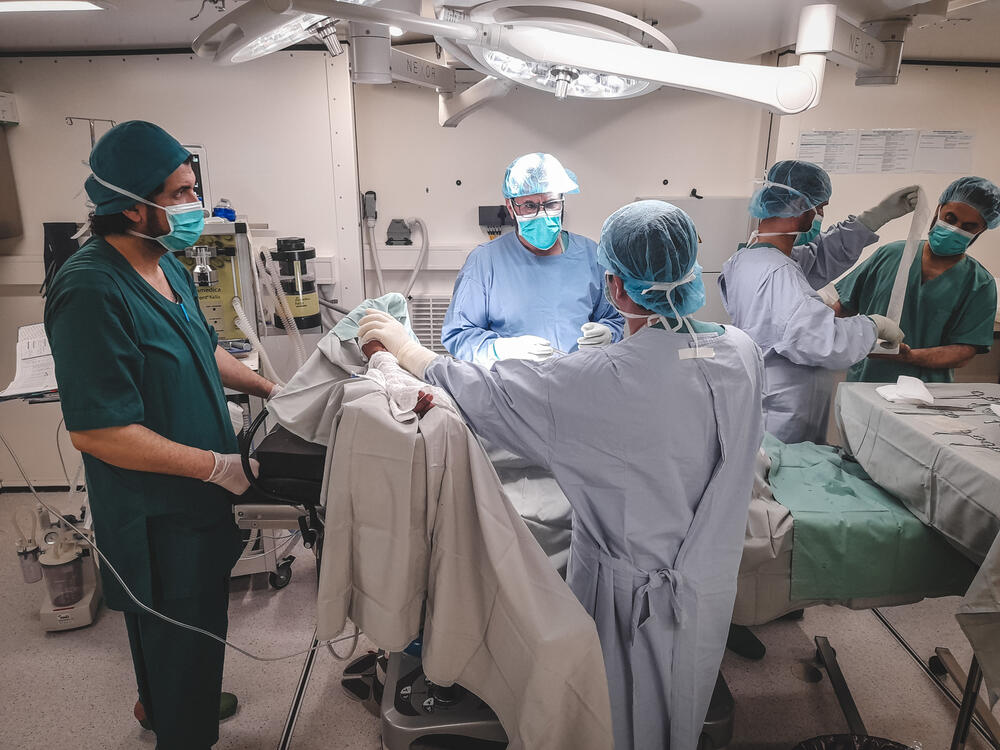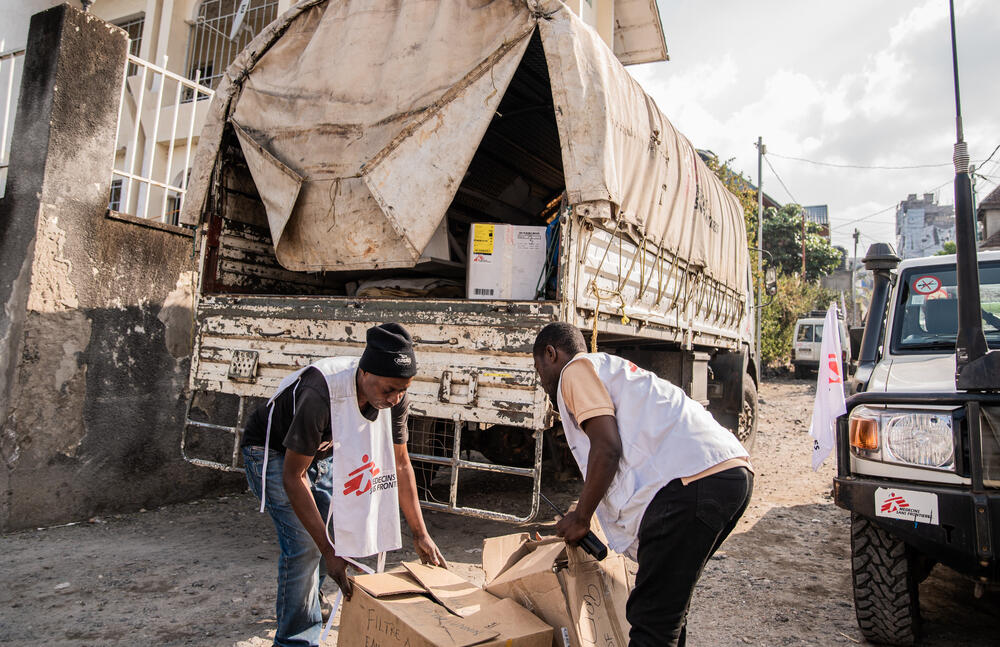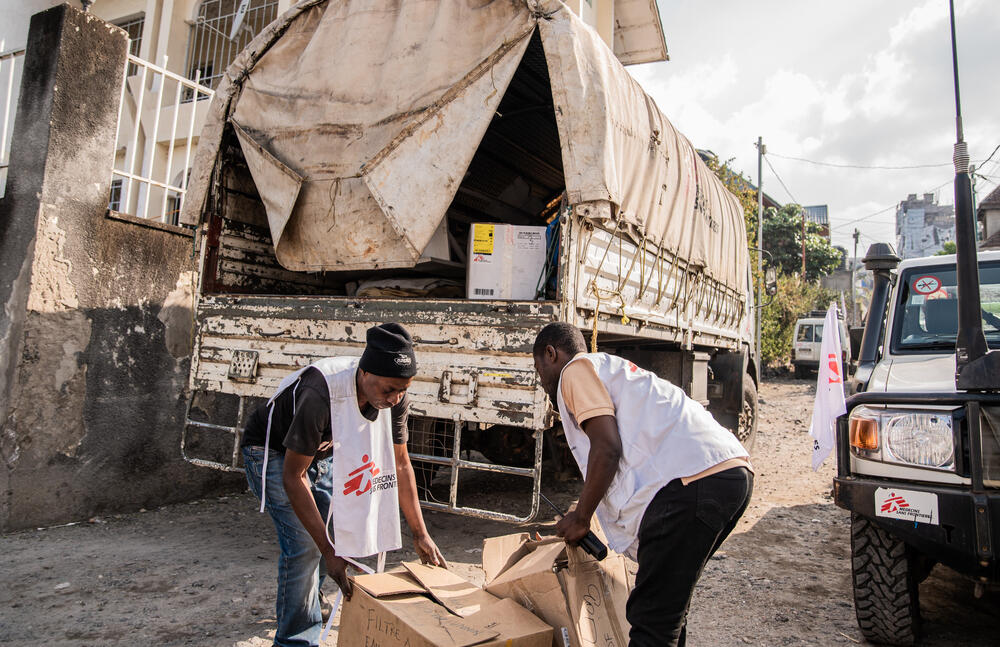For our emergency teams around the world: the life-saving moment is now
Around the world, medical emergencies move quickly, and so must we. Right now, Médecins Sans Frontières / Doctors Without Borders (MSF) teams are providing maternity care, containing outbreaks, and performing vital surgeries.
The news cycle moves on, but the suffering continues. With your support, our teams can move further and faster.
Because a moment lost can mean a life lost
How can my donation help?
Enter an amount to find out
